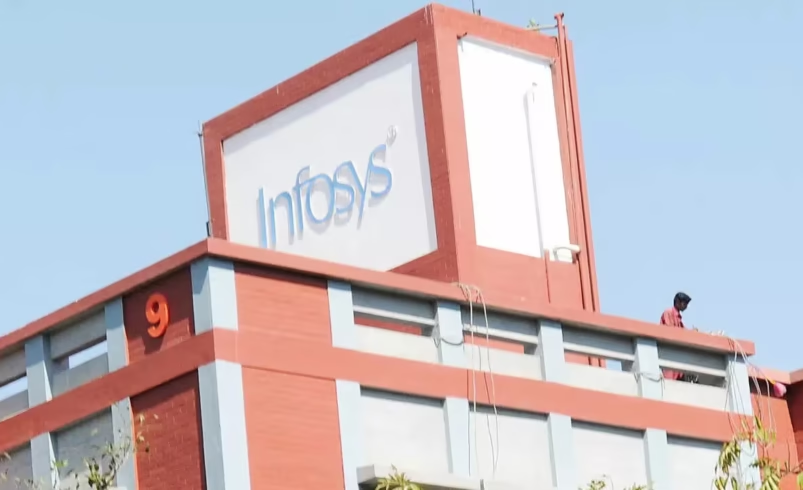Infosys under DGGI scrutiny for ₹415 crore input tax credit dispute
- October 8, 2025
- 0

India’s technology major Infosys has received a show-cause notice from the Directorate General of GST Intelligence (DGGI) concerning alleged irregularities in input tax credit (ITC) refunds amounting to ₹414.88 crore. The issue pertains to services exported by the company over multiple financial years, from 2018–19 through 2023–24.
According to the notice, the DGGI contends that Infosys may have claimed excess refunds under the Goods and Services Tax (GST) framework. The investigation reportedly found that certain services provided by the company’s overseas branches and subcontractors were included in its zero-rated export turnover, which could have inflated refund claims beyond what was permissible under existing tax regulations.
Under GST law, exports are treated as zero-rated supplies, allowing companies to claim refunds on taxes paid for inputs used in such services. However, the DGGI’s findings suggest that Infosys included transactions from its foreign entities as part of its export figures. This inclusion allegedly led to higher ITC refunds than those legitimately due. The notice seeks clarification and justification from the company regarding these calculations and refund submissions.
The show-cause notice is a formal step in tax proceedings, giving Infosys an opportunity to present its explanation before any further action is taken. The company is expected to provide detailed documentation supporting its refund claims and demonstrate compliance with GST provisions governing exports and input credits. Such notices are standard procedure when discrepancies are detected during audits or investigations by tax authorities.
In India’s GST system, exports of goods and services qualify as zero-rated supplies, meaning they are not subject to domestic taxation but can still claim input credits on taxes paid for procurement of goods or services used in making those exports. Businesses must maintain precise records distinguishing domestic operations from international ones to ensure accurate refund claims. Any misclassification or inclusion of non-qualifying transactions can lead to recovery proceedings or penalties if found non-compliant.
The DGGI’s action underscores the importance of strict adherence to GST norms among large corporations engaged in cross-border operations. For companies like Infosys with extensive global networks, ensuring accurate segregation between domestic and overseas service components is critical for maintaining compliance integrity. The outcome of this case could influence how other technology exporters approach their ITC documentation and reporting processes going forward.
While Infosys has yet to publicly comment on the matter, the issuance of a show-cause notice does not imply wrongdoing until investigations conclude and responses are evaluated by authorities. The case highlights ongoing efforts by tax regulators to tighten oversight on refund claims within India’s evolving GST framework, ensuring transparency and accountability across sectors.